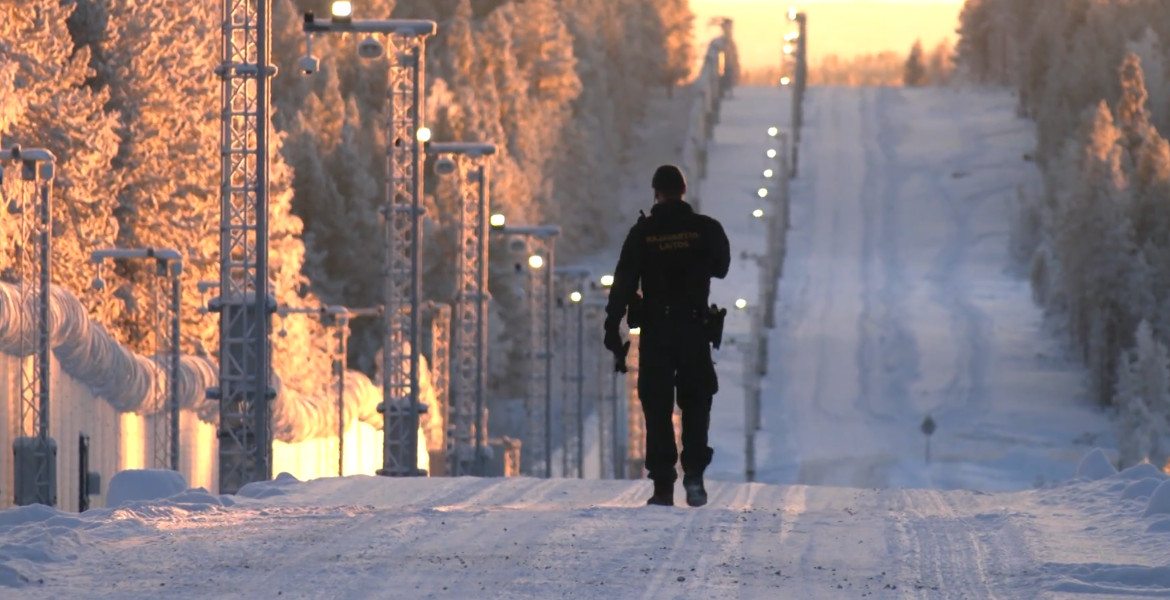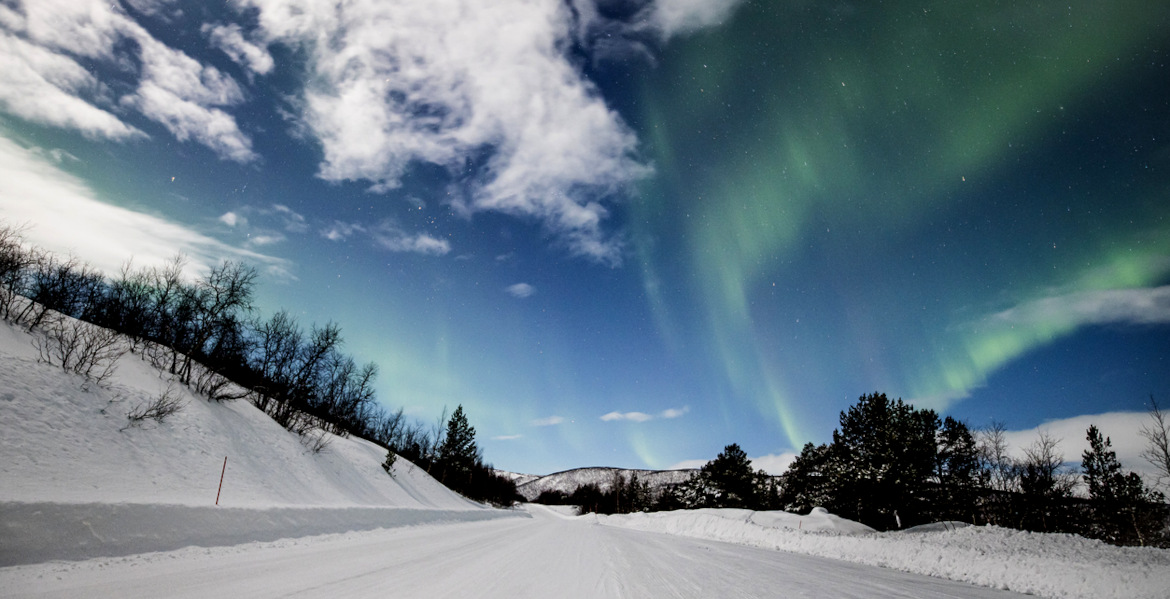Finnish President Alexander Stubb and Chinese President Xi Jinping held a high-level meeting in Beijing on Tuesday, October 29. Joined by other key Finnish government officials, the state visit focused on discussions about the war in Ukraine, the crisis in the Middle East, and plans to expand future diplomatic relations between Finland and China.
President Stubb’s visit to China, which runs from October 28 to October 31, marks the 74th anniversary of the establishment of diplomatic relations between Finland and China. During the visit, Stubb and Xi renewed the Joint Action Plan, an agreement covering cooperation in technology, environmental sustainability, and trade.
Stubb noted: “Finland values the stable and constructive relationship with China”. Further discussions were held on China’s growing role in the Finnish economy - including Finland’s potential as an entry point for Chinese companies into the EU market. Additionally, China agreed to add Finland to its list of visa-free European countries to promote cooperation in business, trade, and academics.
President Stubb expressed concerns about security issues, including Russia’s invasion of Ukraine, in light of Finland joining NATO. “Peace cannot be negotiated without Ukraine” the Finnish president said. Stubb called for China’s participation in peace efforts. Xi responded that China supports a peaceful resolution to the Ukraine crisis.
The leaders also discussed the situation in the Middle East, where Stubb called for a ceasefire in Gaza. He noted that China’s approach to Russia affects its relationship with the EU, which seeks to maintain a constructive dialogue with China. President Stubb also attended the launch of a cooperation between Tsinghua University and Finnish Universities of Applied Sciences to promote academic and technological exchanges. Hlater joined Chinese Vice President Han Zheng at a meeting of the China-Finland Committee for Innovative Business Cooperation, where potential areas for partnership in healthcare and digital innovation were discussed.
As part of the rest of Stubb's visit, he delivered a lecture on the evolving global multilateral order at Fudan University in Shanghai. Later, a business summit organized with Business Finland and the Finnish Consulate explored mutual investment opportunities, with the participation of Finnish companies such as Nokia and UPM. The visit concluded with a diplomatic reception hosted by the Finnish Consulate.





